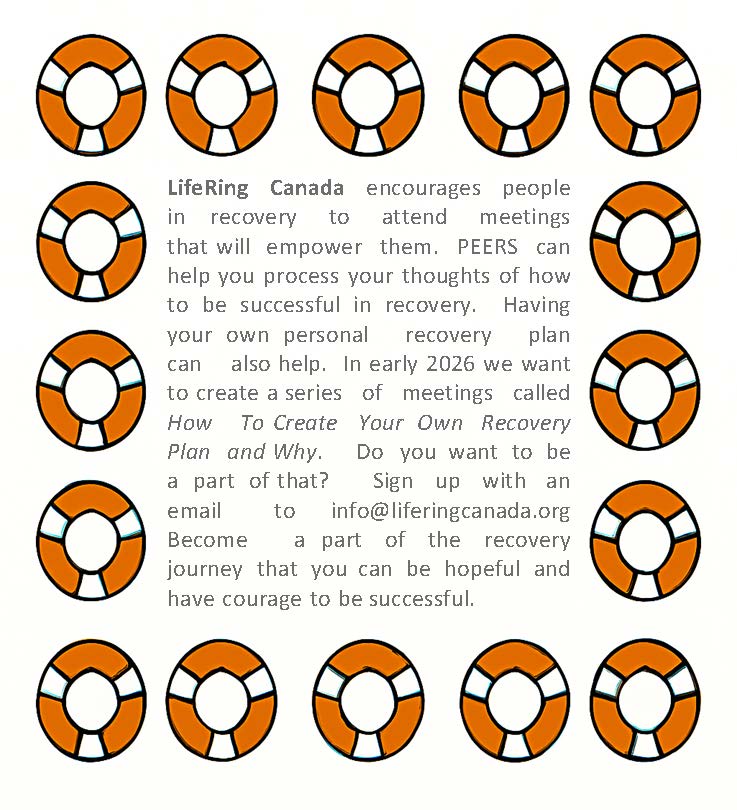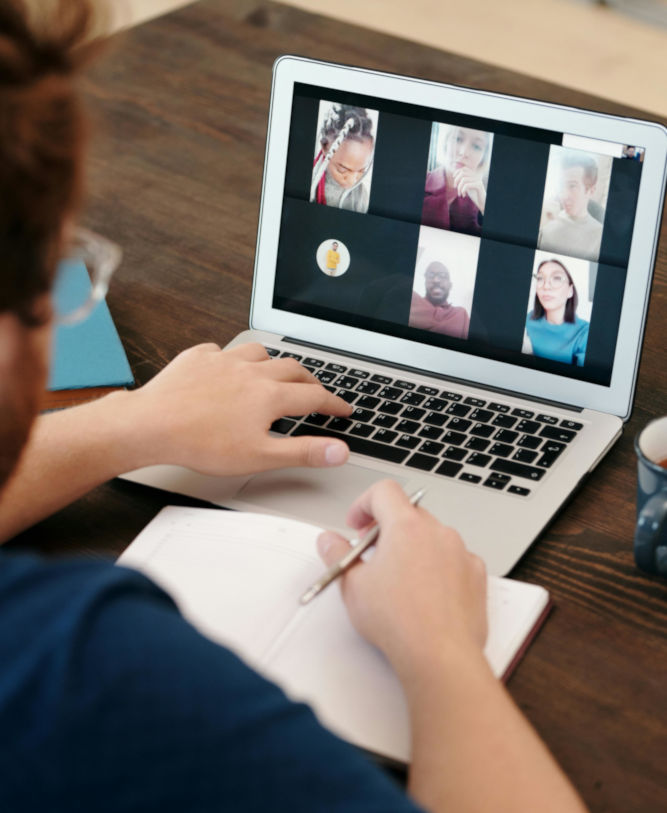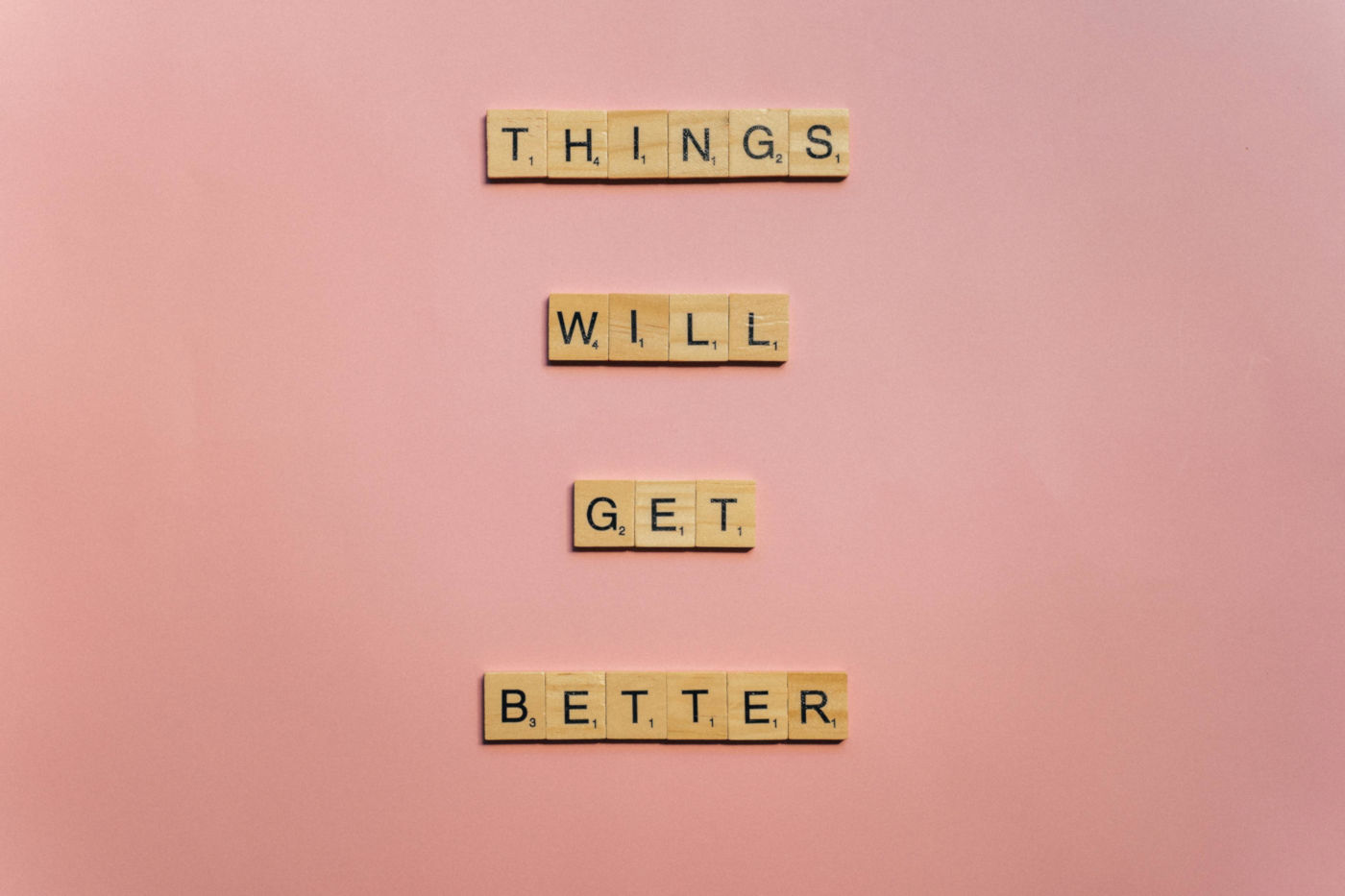Volunteering
Step into a leadership role with LifeRing Canada and help peers build strong, sober lives.
Read more →LifeRing Secular Recovery is an abstinence-based, anonymous organization dedicated to providing a safe meeting space where you can experience non-judgmental recovery conversations with your peers.

Sign up for the LifeRing Canada newsletter to receive updates on meetings, events, and resources.

Join our upcoming series: How To Create Your Own Recovery Plan and Why
Send your request to info@liferingcanada.org
Step into a leadership role with LifeRing Canada and help peers build strong, sober lives.
Read more →Join LifeRing Canada's upcoming meeting series on building your own personal recovery plan.
Read more →LifeRing self-help groups are based on the beliefs that there is the potential for every person to live a better life than the one that brought them to addiction.
We believe it is within each one of us to draw on the power that is within us, to live and be our true selves.
We recognize and identify as healthier whole human beings and as such support one another in our journeys.
We are not a “know it all group”, rather a group that is working its way through the learning process of what works for ourselves and what doesn’t.
We share our wins and losses with the hope of learning more about ourselves and that someone else may benefit from our experience.
We recognize that some of the things that prevent us from living successfully are issues of hurt and disappointment. We learn to be kind to ourselves, heal and forgive.
We encourage looking at what it is that locks us into unhealthy belief systems, thoughts and feelings.
We believe by recognizing what we are feeling, needing and wanting, we learn how to go about getting those feelings, needs and wants met in a healthy pro-social way. No more victims; not even ourselves!
LifeRing welcomes people of all cultures, identities, faiths, and none to gather together as Peers to support each other’s substance-free journeys.
Our meetings are small and we sit in a circular format to create an environment in which all can participate.
The meeting is led by a trained Convenor who is in recovery and volunteers to facilitate meetings. After a short opening statement, the convenor asks our theme question, “How Was Your Week?” to keep the discussion on the present rather than the past. Each person takes a turn to talk about their recovery successes and challenges of their past week, and any concerns for the next week. We then encourage dialogue, feedback, support, and other people’s experiences after each share. Labeling or identifying yourself is the choice of the participant but generally is not used in our meetings.
We ask that “I” statements be used and avoid “should, can, can’t, must, etc. type statements. LifeRing delivers recovery in its own way, if religion or other support groups are a part of your journey, we ask that you respect the philosophy of LifeRing. What works for others may not work for all. Everyone’s approach to recovery is unique and individual.
LifeRing meetings are confidential, so what is said and who is in attendance stays in the room. Meetings are free of charge, but we do accept donations to cover organization expenses of rent, website, toll-free phone, Zooms, and other costs.
Visit our Meeting Schedule page to find a meeting near you or online.

“I went to a wedding last weekend. It was my first time EVER being sober at a wedding. It was amazing! I brought someone who doesn’t drink; we stayed until the dancing and partying started and made an exit strategy.”
“I now drive a different route home, so I won’t pass the liquor store.”
“I am going back to school! I got a job! I have money in the bank! I have reconnected with my family.”
“I feel like a relapse is about to happen and I need support.”
“I need to change the friends I hang out with. How will I ever meet new clean and sober people?”
LifeRing does not charge money for the service. However, we are a Charitable Organization and the only way we can offer this service is through private financial donations and writing grants and proposals. We pass a basket at most meetings that pays for room rentals and printing of brochures and other incidental costs to run the meetings.
Anyone can attend a meeting as long as it is not a closed meeting for example at a Detox facility or is gender-specific. If you are a family member, loved one or friend that wants to go to a meeting to provide support, then you are welcome to attend one or two meetings. If you are a professional in the field or student that wants to be better informed for your clients, then this is fine, just let the meeting Convenor know when you arrive that you are there to observe.
Those in recovery who have been personally impacted by substance misuse and addictions are those who lead our groups. They will have at least six months sobriety and a mandatory basic training before they can facilitate a group. Sometimes we allow a professional that aligns with our approach, to start a meeting with the understanding they will hand it off as soon as someone in recovery steps forward. Being of service to LifeRing and volunteering as a Convenor or in any capacity has a positive impact on not only the person in recovery, but also the new person in recovery or someone who perhaps has relapsed and is coming back around.

We call them Convenors. They are those who have “been there, done that.” People who have been personally impacted by problematic substance use. They have turned their lives around and are now helping others. Research indicates that getting involved or “giving back” increases the chances of a successful recovery and provides immense meaning and purpose to ones life.
Our Convenors go through a formal training program in order to lead meetings. All Convenors are required to be sober for at least 6 months, read the Convenors’ manual, attend six LifeRing meetings, and co-convene at least six meetings with a number of different, senior Convenors.
Problematic substance use and addiction is a deeply complex, personal, and unique experience for each person it effects. Recovery is equally varied, with many assorted issues and obstacles for different people. For each person, the journey to recovery is changed and challenged by life circumstances, financial burdens, family crises, personal beliefs, and other things that help or hinder. Regardless, the most vital thing to keep in mind is that you are the expert in your own life and recovery. Some things will work, some things won’t. No matter what, you will learn to tell the difference and you will grow.
LifeRing believes that each person is responsible for their own recovery. We do not believe in blaming others, or circumstances, for our problems. We are not victims of our addiction, but rather survivors who have the power to change our lives. LifeRing does not provide a “one size fits all” solution to recovery, but rather a framework for you to explore your own path.
LifeRing believes that each person has the power to change their own life. We do not believe in a “higher power” or a “power greater than ourselves” as a solution to addiction. Instead, we believe that each person has the ability to take control of their own life and make positive changes. LifeRing provides a supportive environment where you can explore your own strengths and weaknesses, and learn how to use them to your advantage.
Evidence and research support the idea that 100% abstinence is the most successful approach to recovery. At LifeRing we will meet you at whatever point you are in your life or recovery. Ultimately, LifeRing does not direct your personal recovery plan, nor does it enforce restrictions on its members.
Religious preferences are a private matter, which is why LifeRing focuses on strength-based and research-informed recovery methods. All meetings, publications, and peer-support activities are non-religious. While Theology, your version of spirituality and prayer may be part of your personal process, it is not contained or discussed in LifeRing literature or meetings. LifeRing Canada is not anti-religious but believes that addiction and recovery should be placed in the hands of the individual with an emphasis on personal accountability and empowerment.
The very essence of a LifeRing meeting is peer support. Through sharing and interacting with others, you gain affirmations of your own journey, share strategies and ideas that help on the road to recovery, and form lasting relationships with people that are going through some of the same issues. At a LifeRing meeting, the atmosphere is one of exploration, sharing and help. While not able to answer every question you have, a LifeRing meeting will give you an opportunity to at least speak about your issue to people who will listen with respect and compassion.
“Peer support is a system of giving and receiving help founded on key principles of respect, shared responsibility, and mutual agreement of what is helpful. Peer support is not based on psychiatric models and diagnostic criteria. It is about understanding another’s situation empathically through the shared experience of emotional and psychological pain. When people find affiliation with others they feel are ‘like’ them, they feel a connection. This connection, or affiliation, is a deep, holistic understanding based on mutual experience where people are able to ‘be’ with each other without the constraints of traditional (expert/patient) relationships.” (Mead, 2001).
One of the foundational principles of LifeRing Canada is that each of us has the power to change our own lives. We are empowered, strengthened, and supported by families, friends, and peers, but ultimately the ability to recover from addiction remains within each of us. The primary goal of LifeRing is to help you, in many different ways, realize your own path to recovery. Think of a LifeRing meeting as a way to ask questions, get other people’s perspectives, and in the end, have some of the information you need to make important choices in your recovery. Our meetings involve diverse approaches to sober living; each person decides what does and does not work. Making small, positive choices in every area of your life will keep your motivation alive and reward you with happiness and peace.
Biological, psychological, social and cultural aspects of addiction and recovery are considered within LifeRing’s philosophy. This “bio-psycho-social-cultural” model includes: physiology and genetics; behaviour, beliefs, and emotions; family, community and culture; and values, morality and ultimate beliefs. LifeRing views participants and their recovery holistically. People are encouraged to live full lives: (work, personal, school, hobbies, etc.)
Meetings are the foundation of LifeRing’s service delivery method and are the core purpose of our organization – providing peer-to-peer connection and support. At a LifeRing meeting, all attendees can count on having a familiar and welcoming experience in a small group format, and run by a trained peer facilitator. At a LifeRing meeting we talk about the here and now to prepare for tomorrow. Our focus is on sharing weekly recovery successes and challenges that will help us plan to manage the week ahead. Discussions often include constructive questions, comments, and feedback from all participants. In any form, the conversation provides a forum for open sharing with those who have similar day-to-day circumstances. Learning about techniques that are based on research and personal practice makes LifeRing meetings a unique – and rewarding – recovery choice. Together, the people who belong to a LifeRing group gain strength and ideas to make positive choices.
Since we think that recovery works best when support is personal, realistic, and available, we’ve made it easy to join a LifeRing meeting – anyone is welcome to just show up at a meeting anytime. There are frequent times to meet and regardless of how often you attend, it is always free to participate in our confidential discussions.
If there are no LifeRing meetings in your community then you may want to consider being a LifeRing trailblazer.
With technology what it is today, you can keep the conversation going or get some quick responses to your question through LifeRing’s online community.
View the online and in-person meeting schedule
Visit the LifeRing Canada Facebook Group

Treating problematic substance use and addictions is complex and requires a multi-faceted approach. A key component of someone successfully recovering can be engaging in peer-based self-help support groups. Not all peer-support groups are created equal and a ‘one-size-fits-all’ approach fails to meet the needs of all who seek out such services.
All meeting facilitators are trained using the LifeRing Canada Convenor Training Program developed in-house with the assistance of the University of Victoria’s Department of Psychology.
Knowledge is key. We partner with Academic Institutions to better our organization and to provide them with a subject with which to provide worthwhile research outcomes.
We provide an environment for those in recovery with which to grow as individuals. Part of that environment is giving back and volunteering to help others.
All organizational activities and initiatives are supported by sound financial planning and meet all government guidelines and requirements for a non-profit organization.
We create strategic partnerships with supportive and qualified individuals and organizations that optimize shared goals.
We listen to our members and attendees and are responsive to their input and their needs.
Recovery from substance use disorders is a long and difficult journey full of twists, turns, and pitfalls, it requires hard work, perseverance, and patience. Everyone’s transition from addiction to good health and happiness is different and unique based on the history, cultural, ethnic, and social backgrounds and experiences of each individual.
LifeRing Canada recognizes the uniqueness of the individual and their need to find the tools in their recovery that resonate with them and their unique experiences. There is no “one size fits all” solution in recovery, individuals need to have the freedom and opportunity to find the tools that work for them. Finding and sharing those tools are what LifeRing is all about. We help people discover and build their own recovery program based on choice and not through any particular recipe for recovery.
Our meetings are conducted in a supportive and safe and secular environment by trained facilitators. We support scientifically based recovery methods that rely on human effort and we do not use prayer or discuss theology pro or con. We stress that each person must take responsibility for their own recovery and we encourage the group to provide support for one another in their chosen recovery program.
With your generous support, we provide far better services than would be possible without it. LifeRing Canada is a registered charity, and all donations made are eligible for tax credits.
For donation instructions click here
Volunteering your time, knowledge, resources, and energy to any non-profit organization can be very rewarding. LifeRing is growing and expanding and we want our capacity to keep up. LifeRing is innovative and open to doing things a bit differently.
We need help in a variety of areas, from meeting facilitation, coordination, writing, legal council, marketing, and many other skills.
Connect with Barbara at barbara@liferingcanada.org for more information.
To run a LifeRing group or to bring a LifeRing meeting to your city there are few thing one needs to do for that to happen.
Connect with a LifeRing Convenor at info@liferingcanada.org for more information.